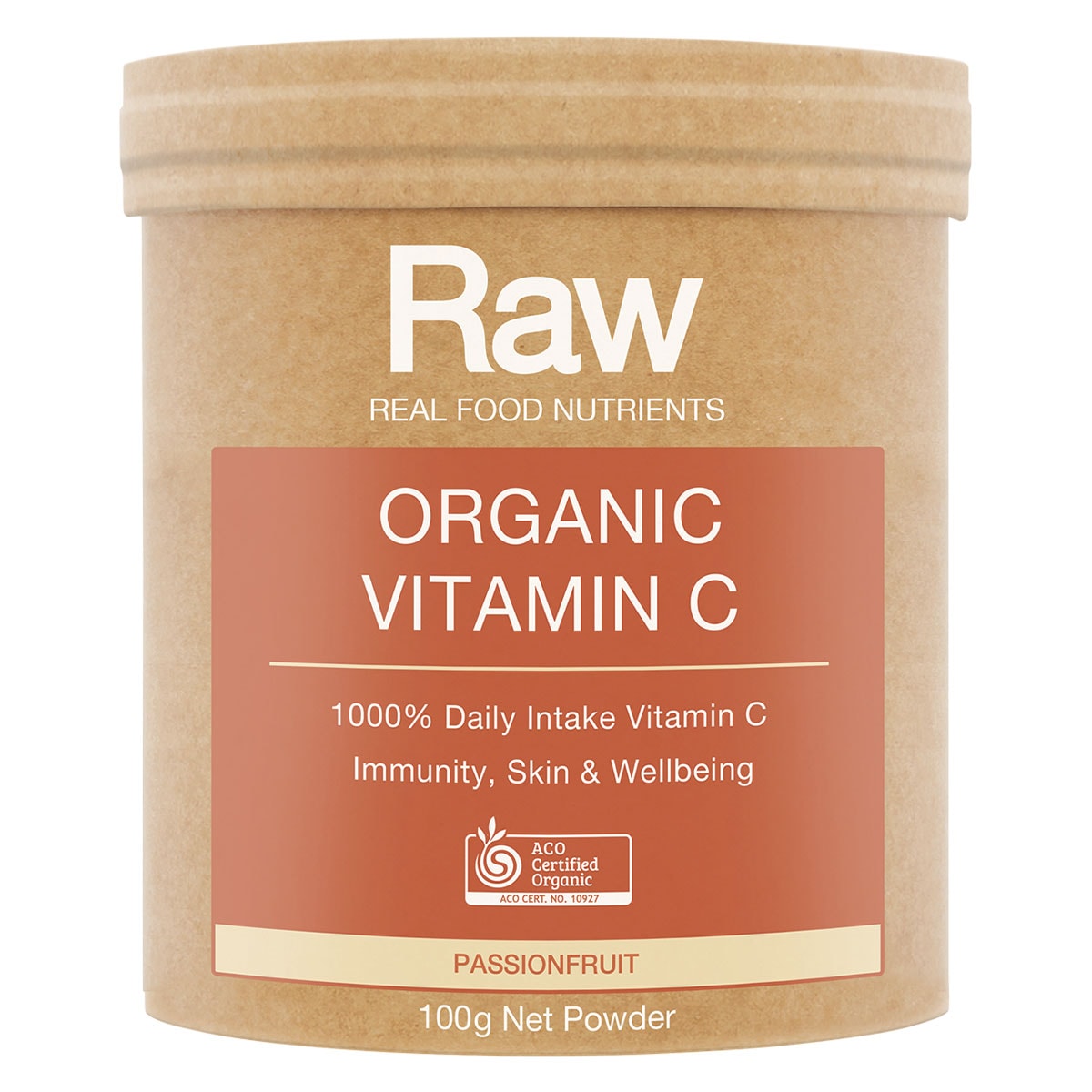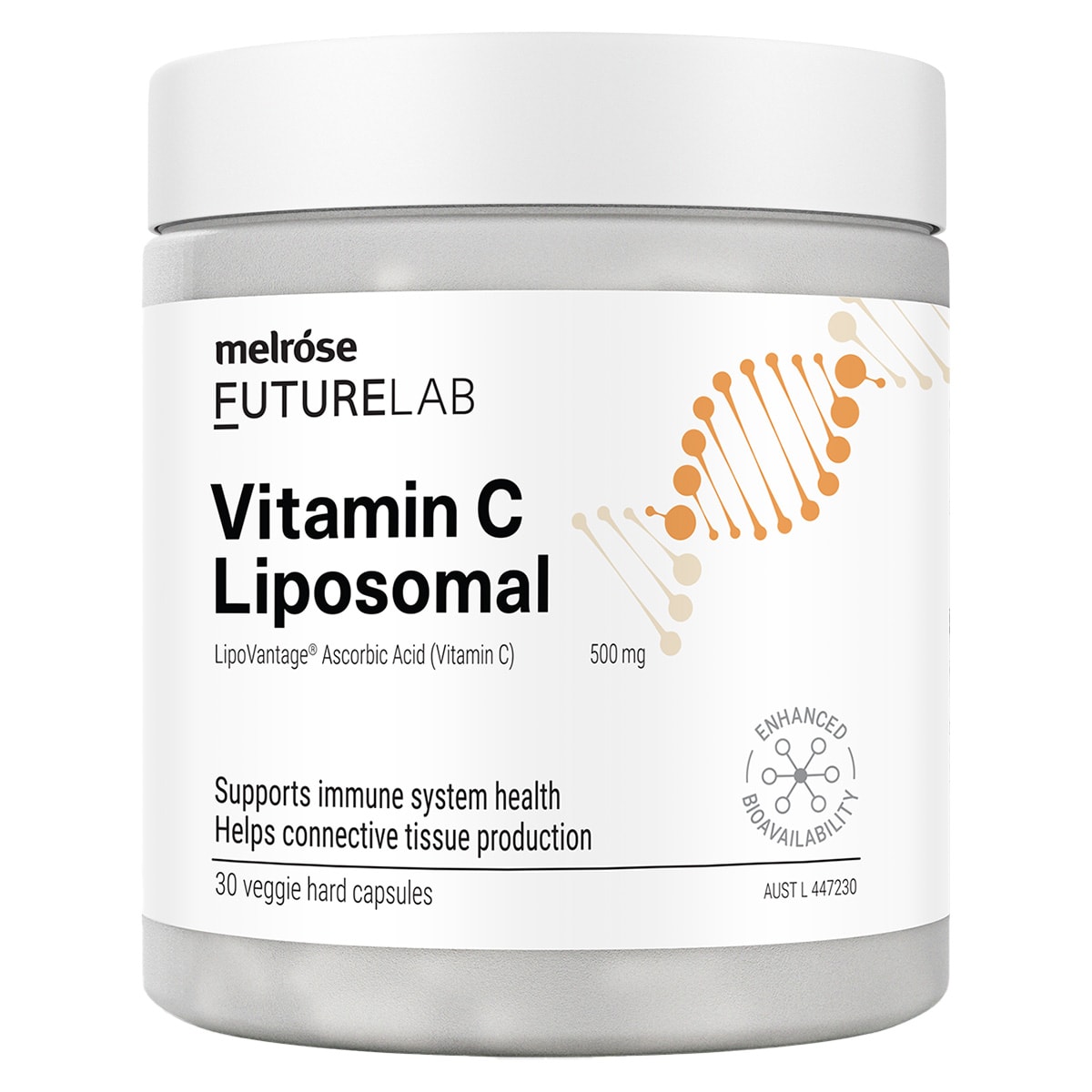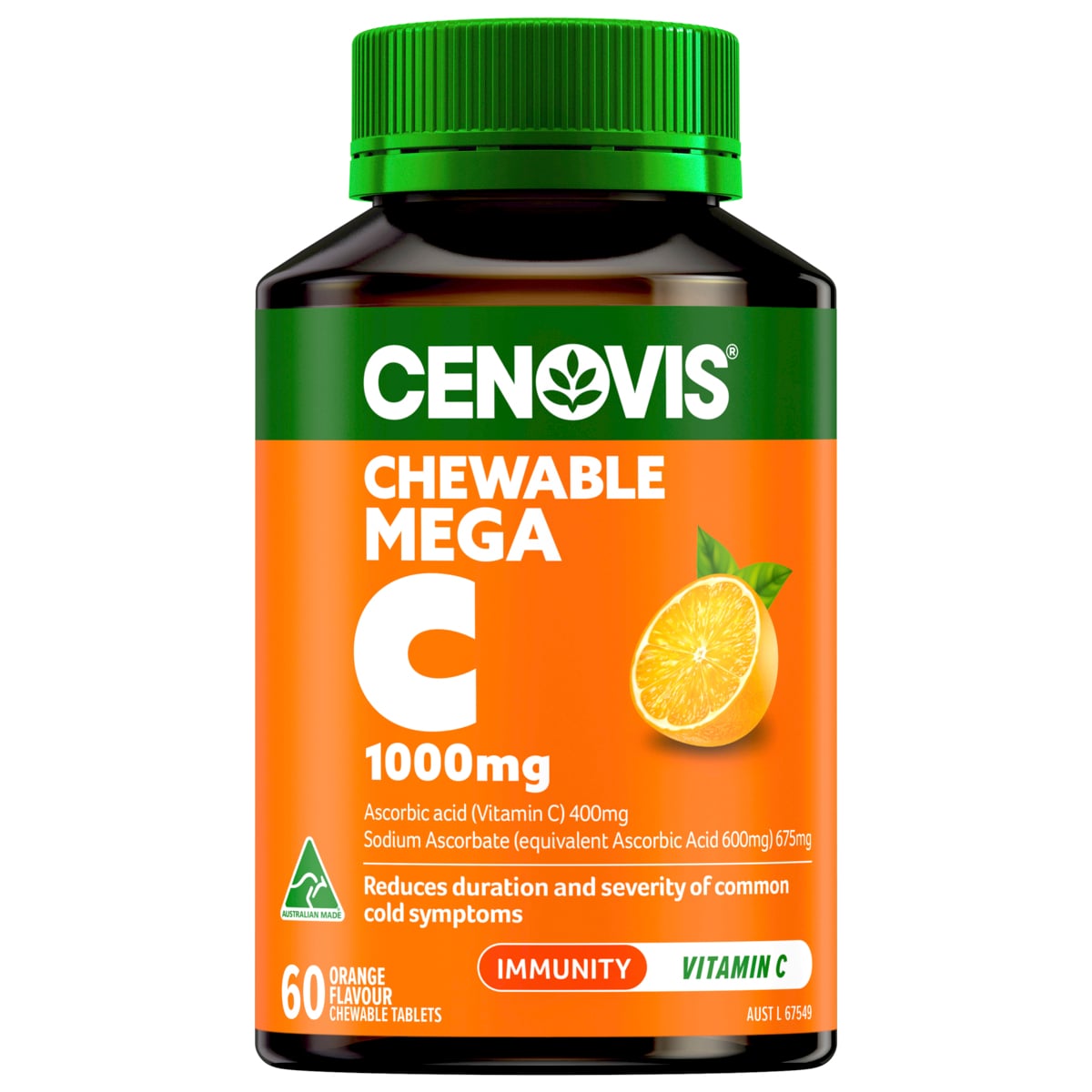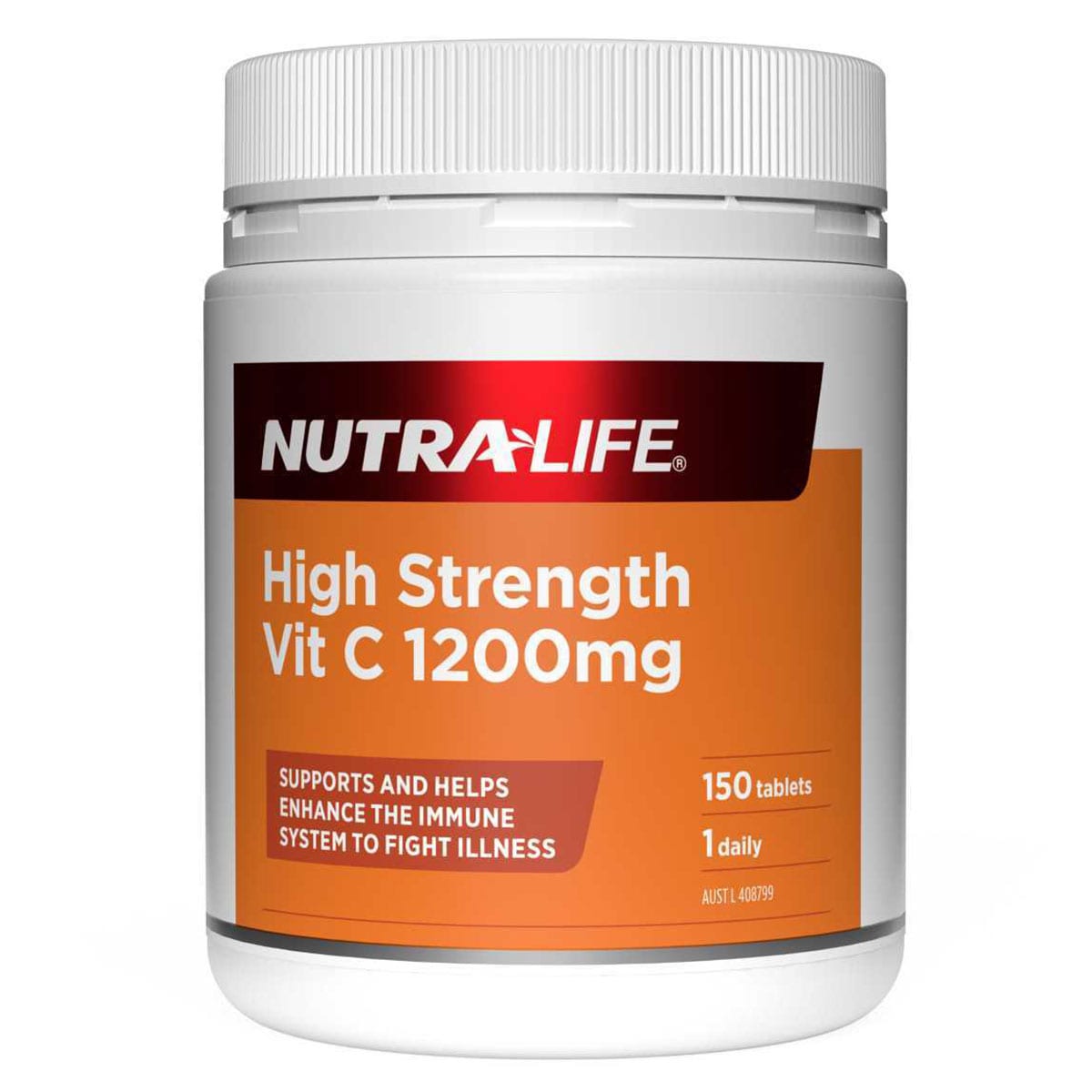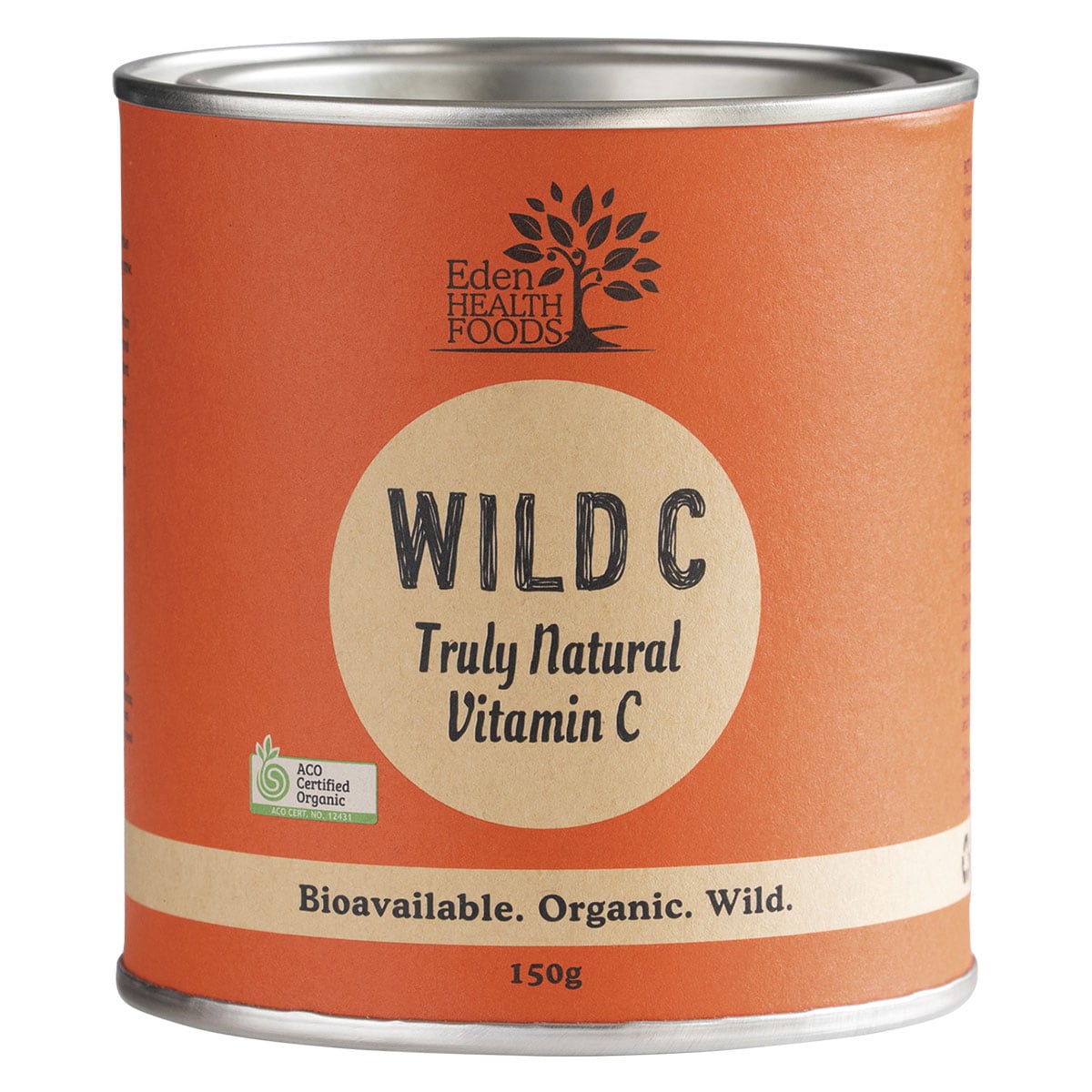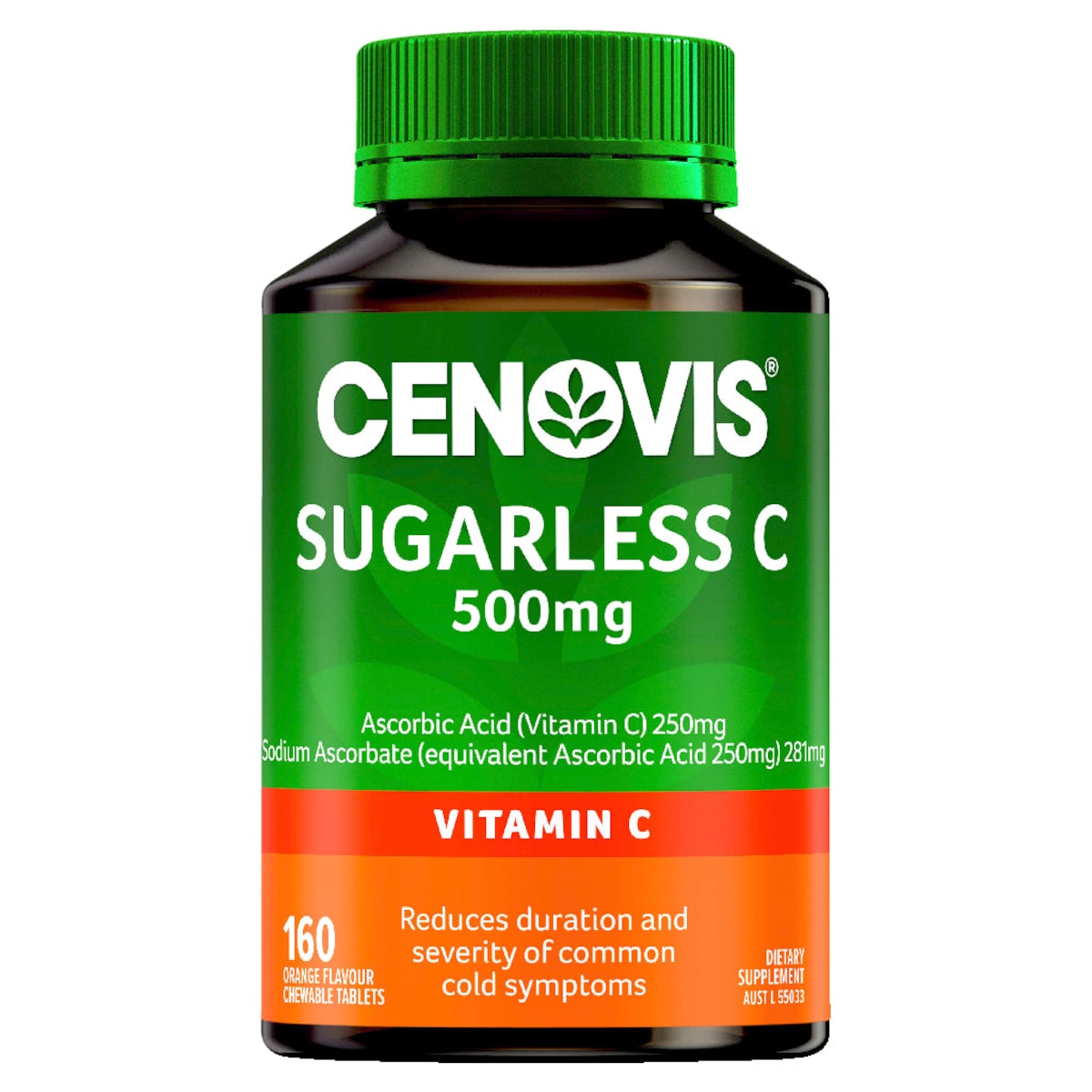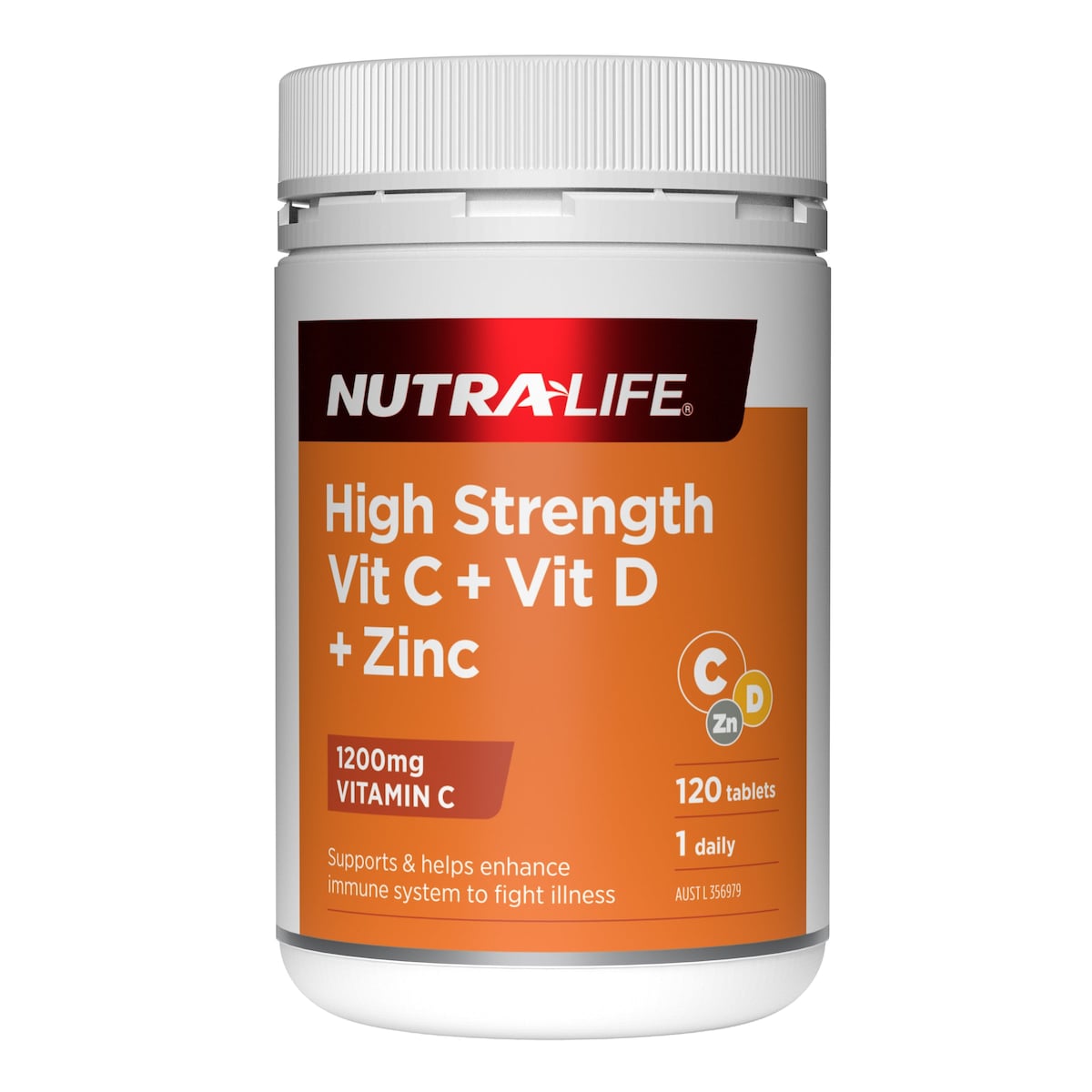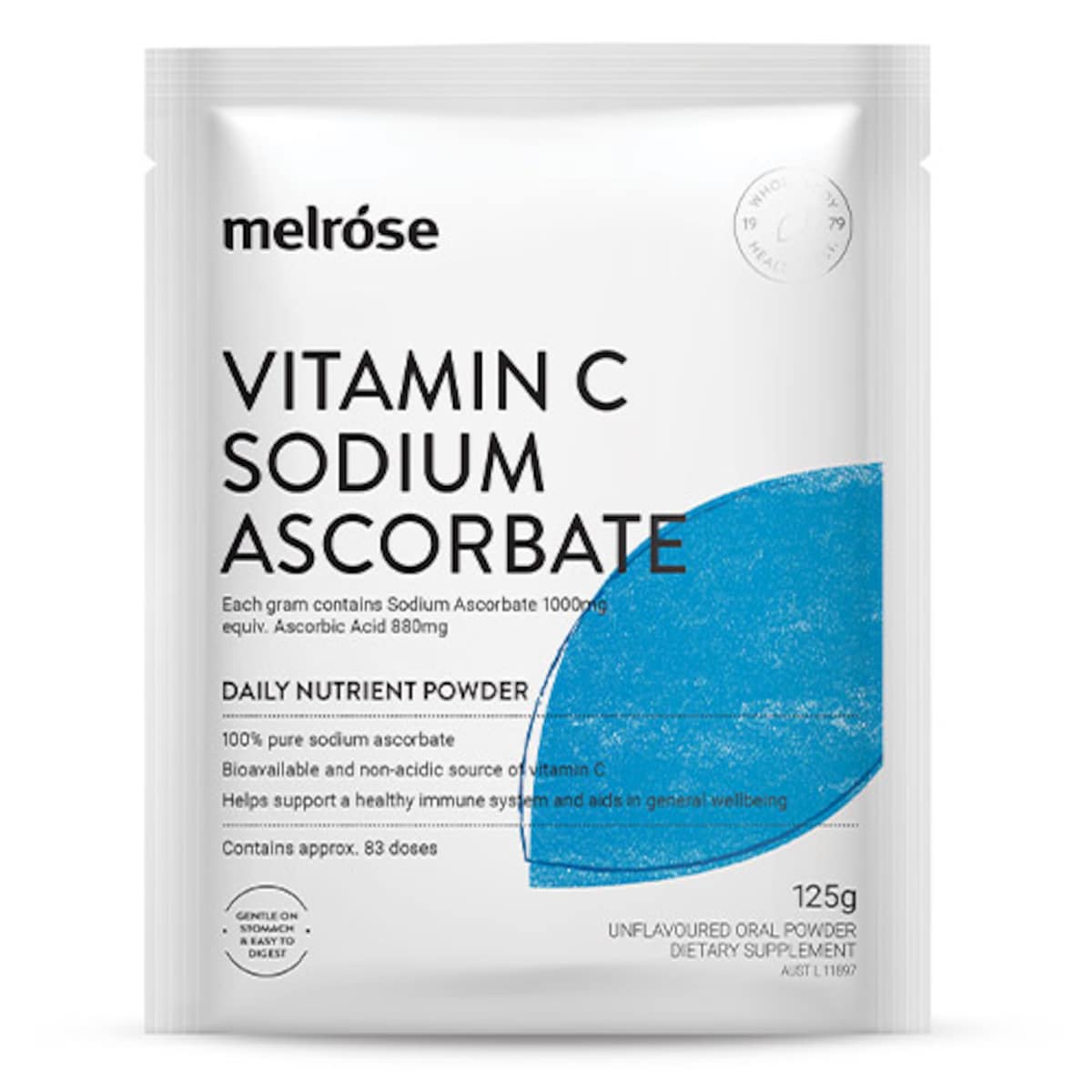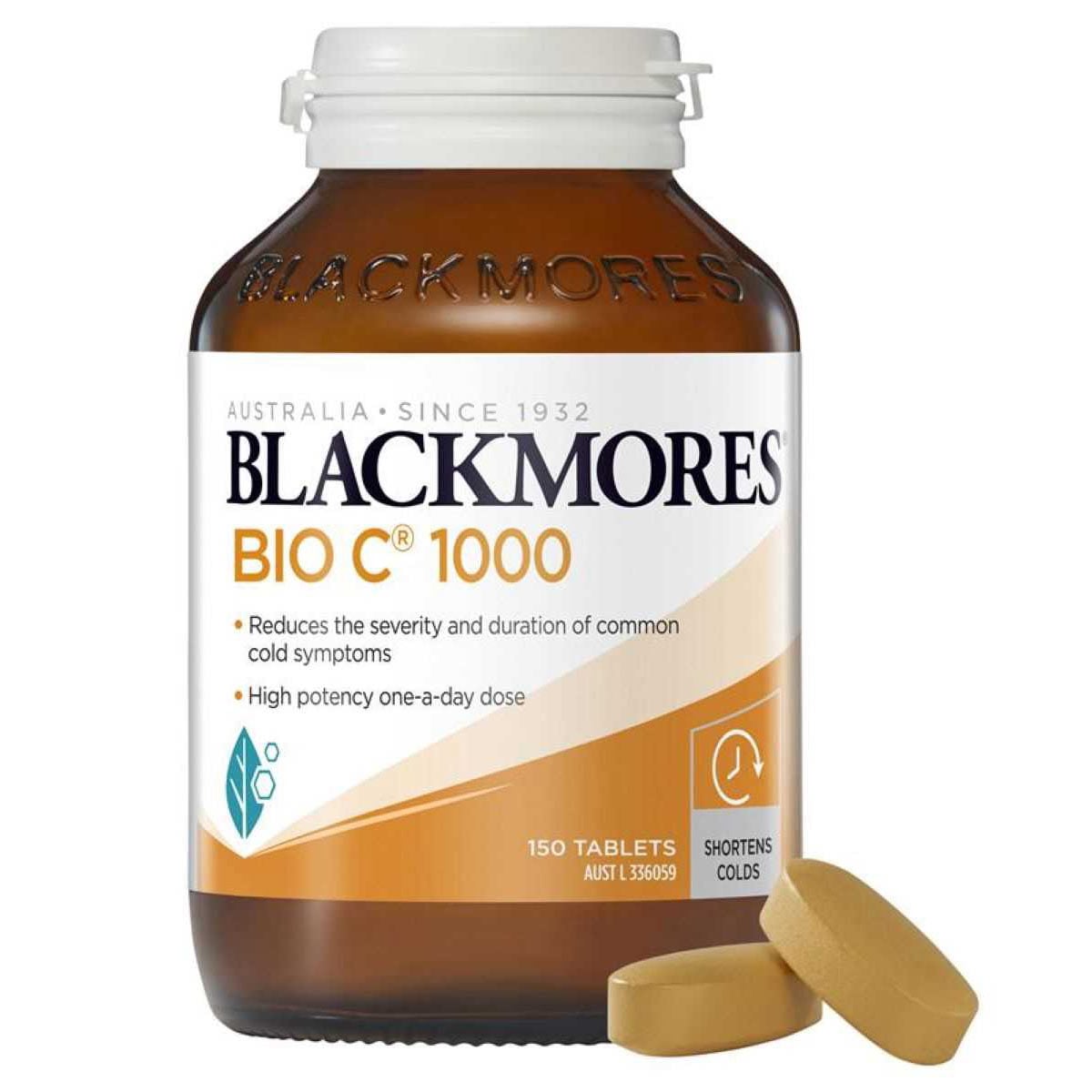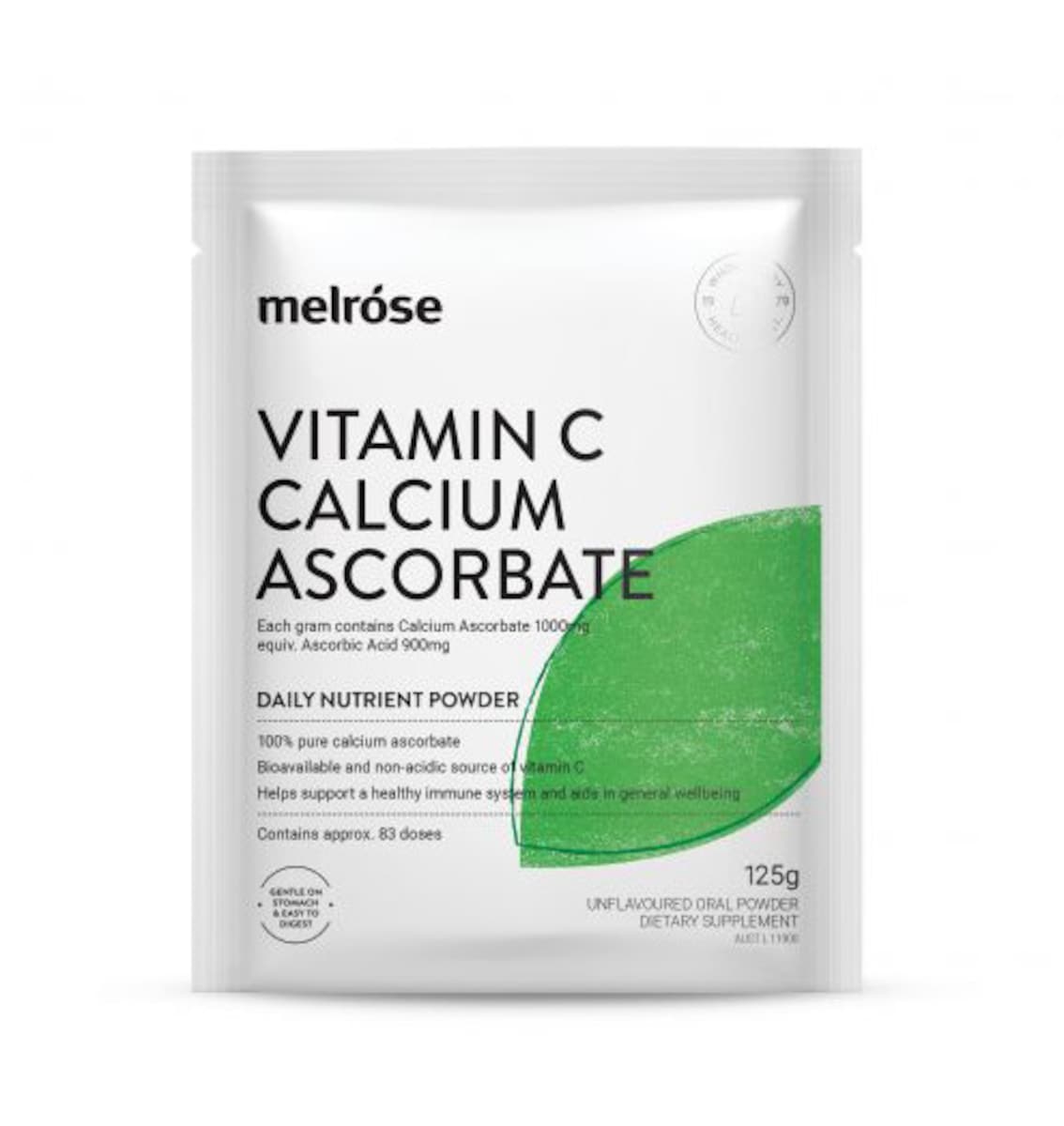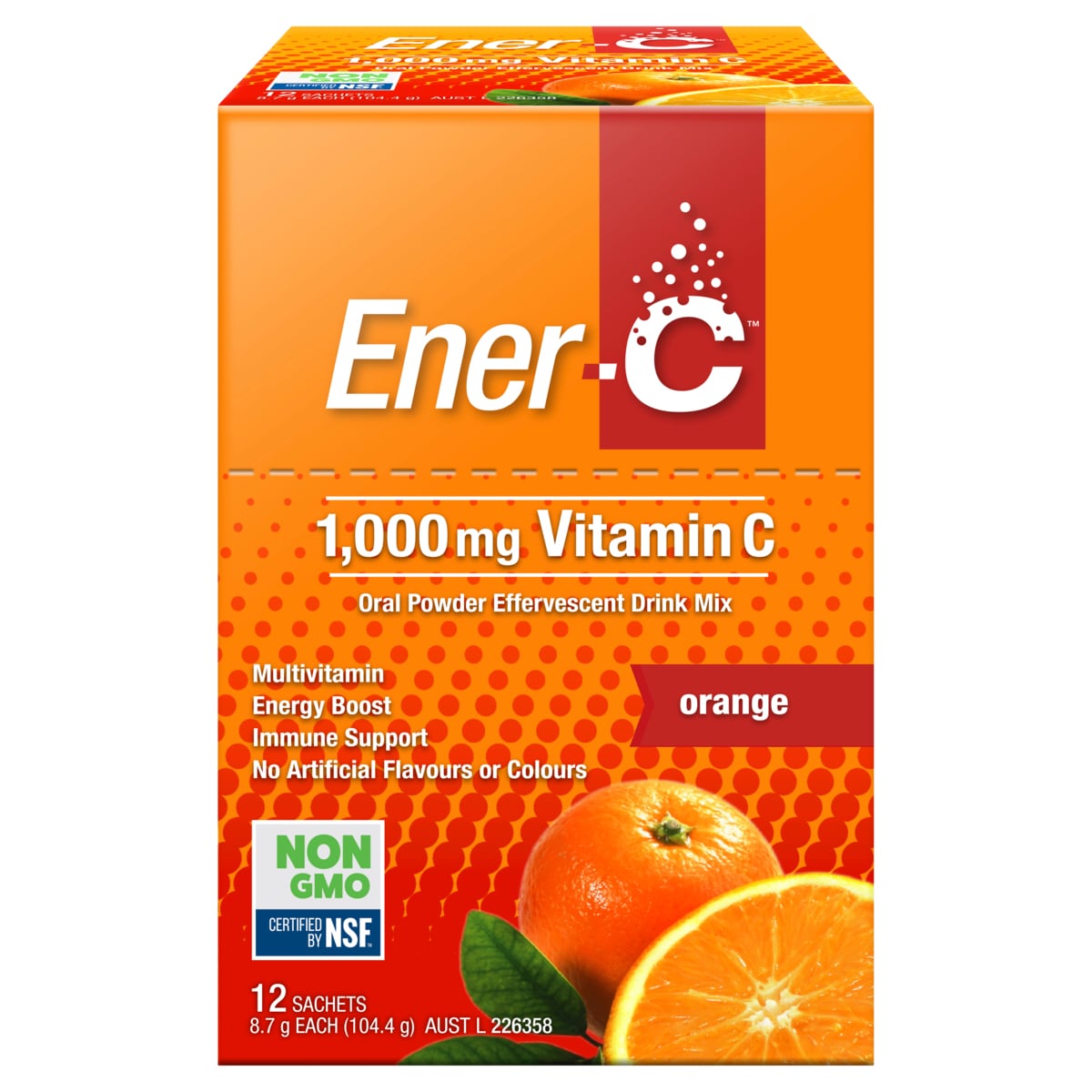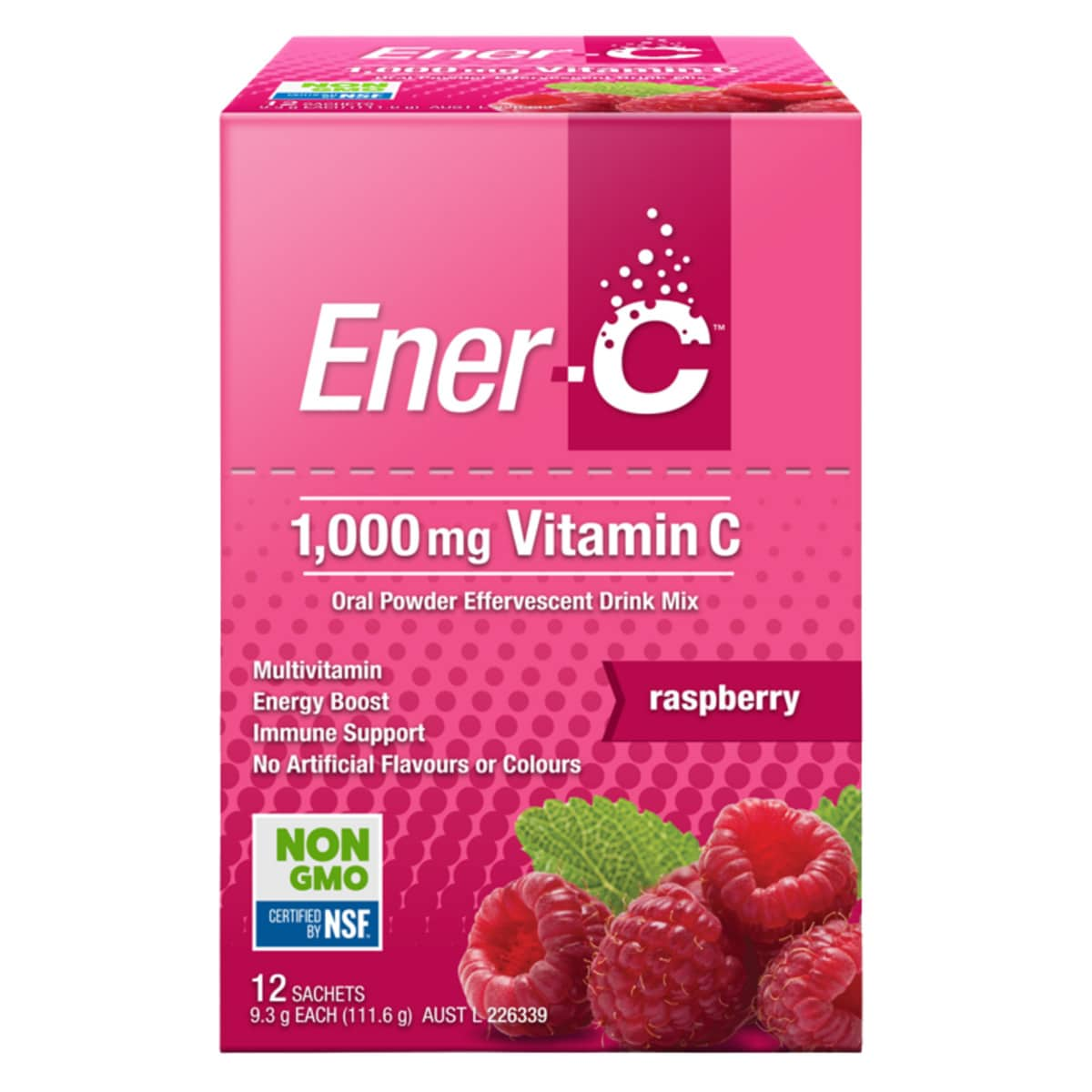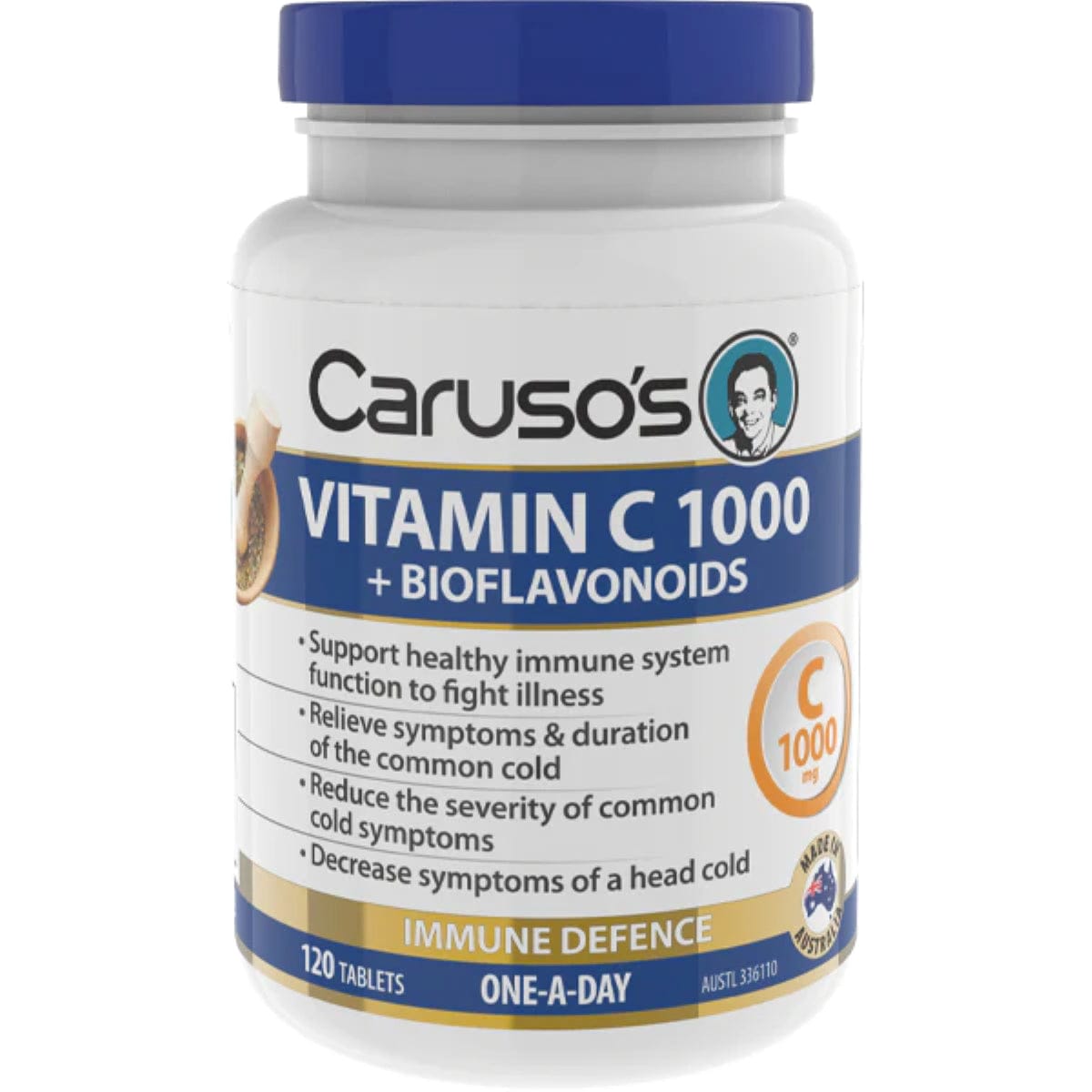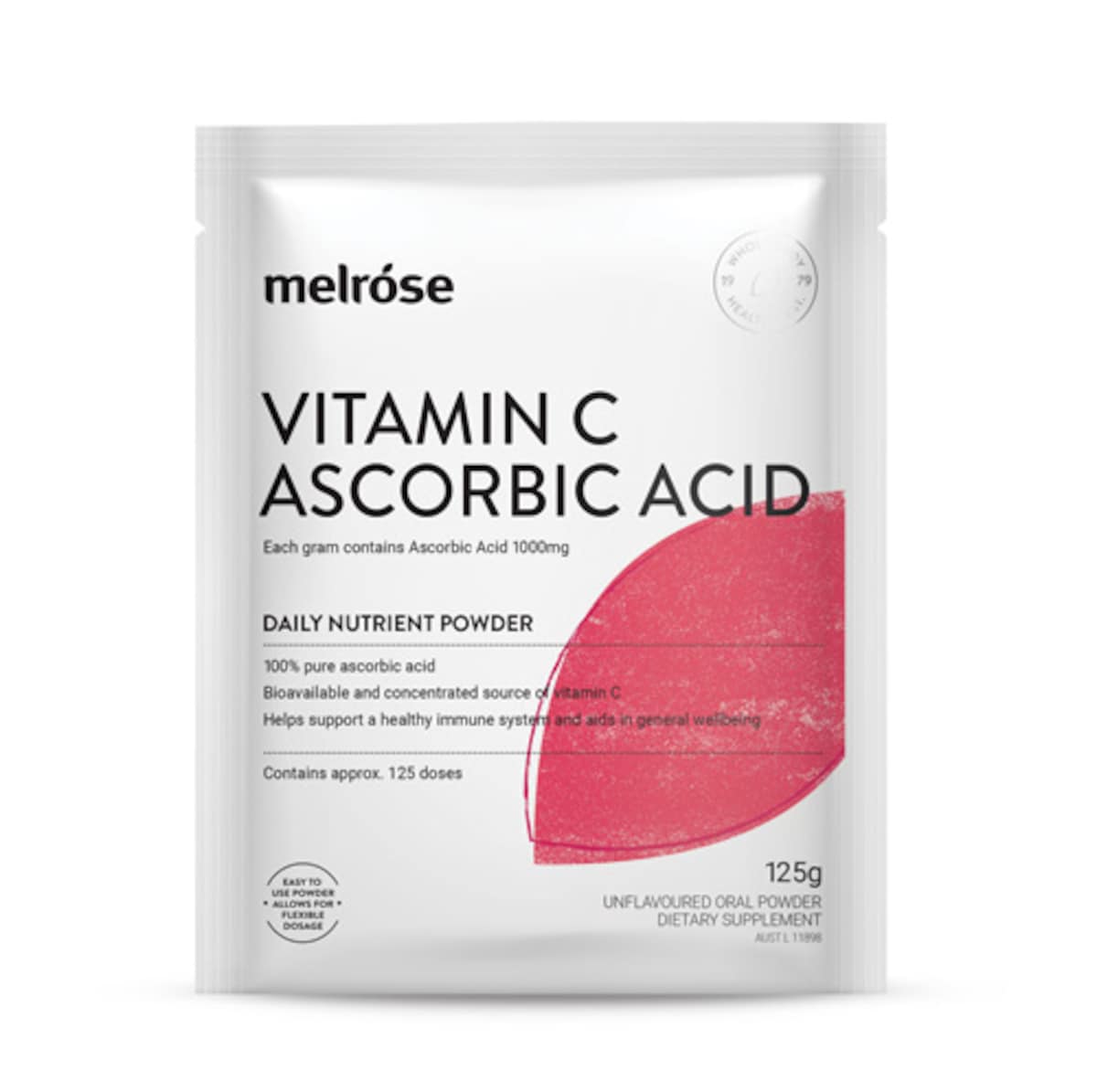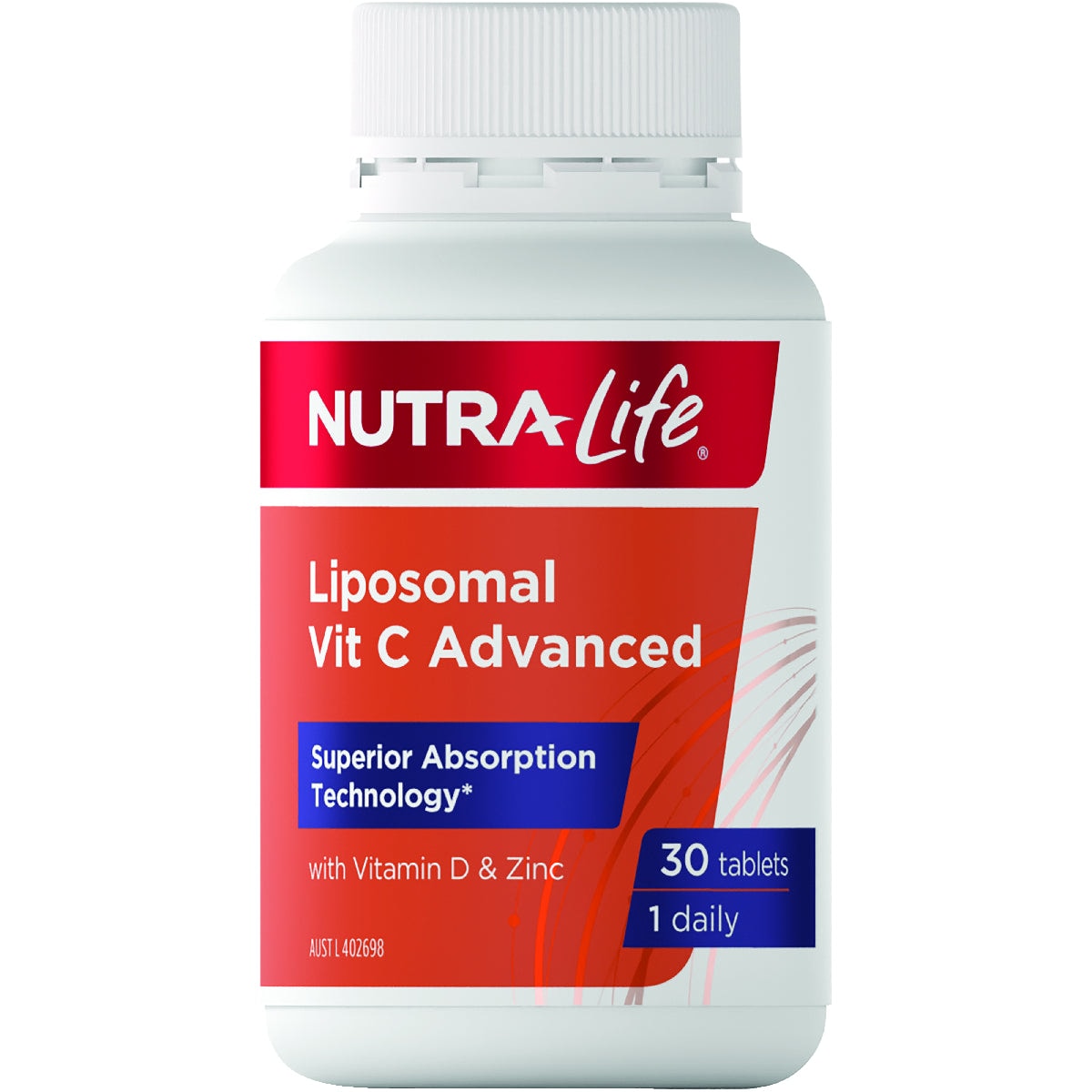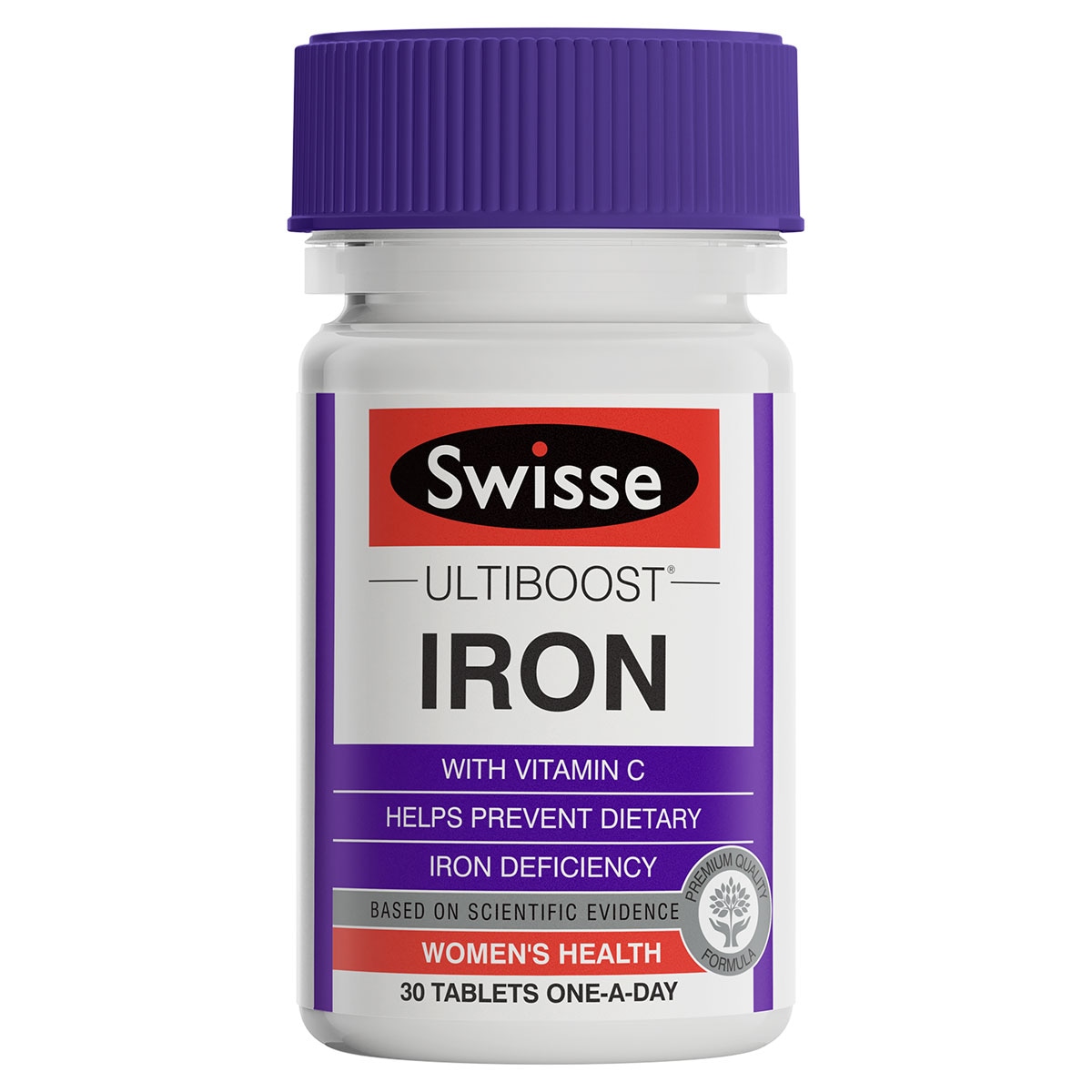Vitamin C
Support your daily diet with vitamin C supplements
Vitamin C, also known as ascorbic acid, is a vital nutrient that has been shown to play an essential role in maintaining various bodily functions, including the health of skin, bones and the vascular system. It has also been shown to be a powerful antioxidant that helps to protect cells from damage.
Vitamin C supplements are available in several forms to cater to different needs, including standalone supplements, combinations with iron (which may enhance iron absorption), vitamin C gummies for easier consumption and formulas containing zinc for immune support.
The benefits of vitamin C
Vitamin C is renowned for its health benefits. It has been shown to support skin, bones and vascular health. It may also support the immune system, reduce susceptibility to colds and infections, and support the body’s ability to repair tissues.
Its antioxidant properties may help combat free radicals, which studies show may prevent or delay the onset of chronic disease. Vitamin C has also been shown to play a role in enhancing iron absorption from plant sources.
Natural vitamin C supplement
While taking a vitamin C supplement may benefit people with a diagnosed deficiency, it’s important to remember that this nutrient is abundant in many fruits and vegetables.
Citrus fruits like oranges, grapefruits, kiwis and strawberries are known to contain high levels of vitamin C. If you prefer veggies, you could consider including more broccoli, bell peppers, cabbage and kale in your diet.
Consuming a diverse diet rich in fruits, vegetables, and healthy proteins may help you attain your daily vitamin C requirements.
How often should you take a vitamin C supplement?
Vitamin C cannot be stored in the body, so it’s best to include it in your diet regularly. It’s been shown that adults require about 45mg of vitamin C each day, which may be obtained from roughly half an orange or a cup of strawberries.
The frequency of vitamin C supplementation can vary depending on individual health needs and dietary intake. A daily dose may be recommended for people who don’t consume enough vitamin C-rich foods.
If you’re considering a vitamin C supplement, consult your healthcare professional, who can advise you on the correct dosages and potential side effects.
Need help navigating what to choose? Talk to a naturopath to learn more about our range.

